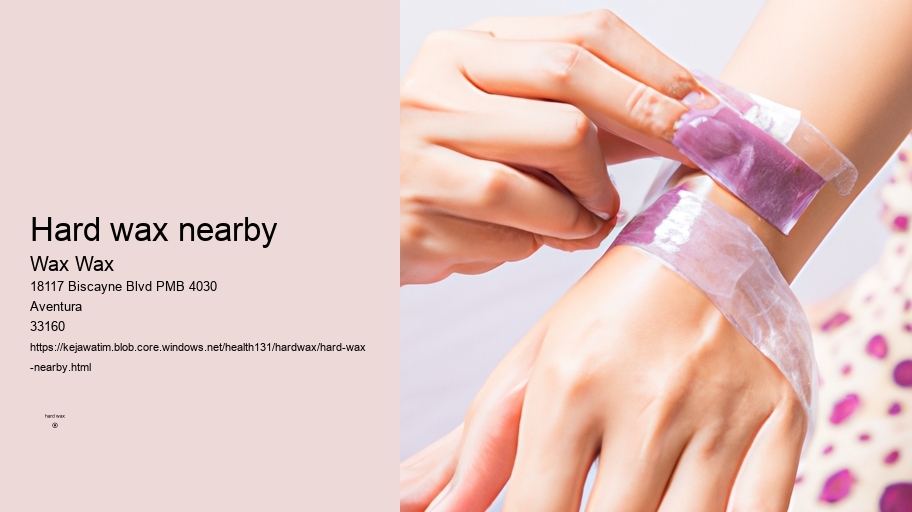

Meeting with your esthetician
6. wax wax wax reviews How do I care for my skin after at-home waxing?
Find sources: "Waxing" – news · newspapers · books · scholar · JSTOR ( April 2017 ) ( Learn how and when to remove this message )
Get the best hard wax products from Wax Wax.Historical facts about waxing
Proper post-wax care is crucial to maintain smooth and healthy skin after a waxing session. Neglecting this step can lead to irritation, ingrown hairs, and other skin issues that can be uncomfortable (and unattractive). buy wax beads By following the right post-wax care routine, you can ensure that your skin stays soft and free from unwanted side effects!
Male chest before and after waxing.
2. Which type of wax is better for sensitive areas like the face or bikini area?
Importance of Proper Post-Wax Care
5. What are the benefits of professional waxing over DIY methods?
Strip waxing (soft wax) is accomplished by spreading a wax thinly over the skin.
Waxing is the process of hair removal from the root by using a covering of a sticky substance, such as wax, to adhere to body hair, and then removing this covering and pulling out the hair from the follicle. New hair will not grow back in the previously waxed area for four to six weeks, although some people will start to see regrowth in only a week due to some of their hair being on a different human hair growth cycle. Almost any area of the body can be waxed, including eyebrows , face, pubic hair (called bikini waxing or intimate waxing), legs, arms, back, abdomen, chest, knuckles, and feet. There are many types of waxing suitable for removing unwanted hair.
The modern practice of waxing has evolved over time, with different techniques and types of wax available. Strip waxing, which uses a thin layer of wax applied to the skin and removed with a cloth or paper strip, is one common method. Another method is stripless waxing, where hard or film wax is applied directly to the skin and removed without the use of strips.
Take a pain reliever beforehand, if needed
6. Are there any potential side effects of getting a bikini wax?
Waxing is a form of semi-permanent hair removal that involves applying a sticky substance, such as wax, to adhere to body hair and then removing this covering to pull out the hair from the follicle. New hair will not grow back in the waxed area for four to six weeks. Waxing can be done on various parts of the body, including eyebrows, face, legs, arms, back, abdomen, chest, and feet. There are different types of waxing methods available, such as strip waxing (soft wax) and stripless wax (hard wax and film wax). While waxing is an effective method for removing hair in large amounts at once and provides long-lasting results compared to shaving or using depilatory creams, it can also be painful and expensive. Some people may experience ingrown hairs or skin irritation after waxing.

Expert technique: Professional estheticians have undergone extensive training to perfect their waxing techniques, ensuring a smooth and efficient hair removal process. Their expertise allows them to navigate tricky areas with precision, minimizing the risk of uneven hair removal or irritation.
What is waxing
Avoid using harsh chemicals, fragranced lotions, and tight clothing on the area that was waxed to prevent irritation.
Communicate with your esthetician about any skin concerns or sensitivities
4. Are there any specific areas that should only be waxed by professionals?
6.
Some redness and mild irritation are normal immediately after waxing and should subside within a few hours.
Those with sensitive skin should consult a dermatologist before waxing and may need to take extra precautions.
For best results, wax every 4 to 5 weeks to maintain smooth skin.